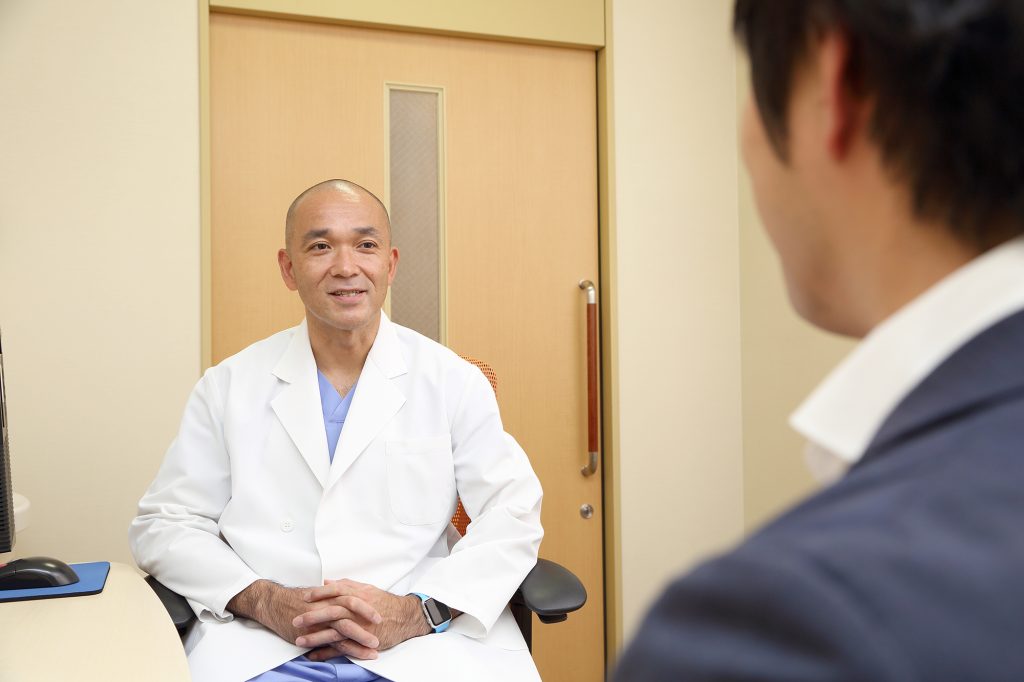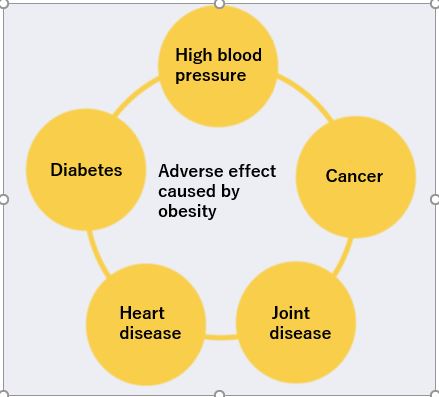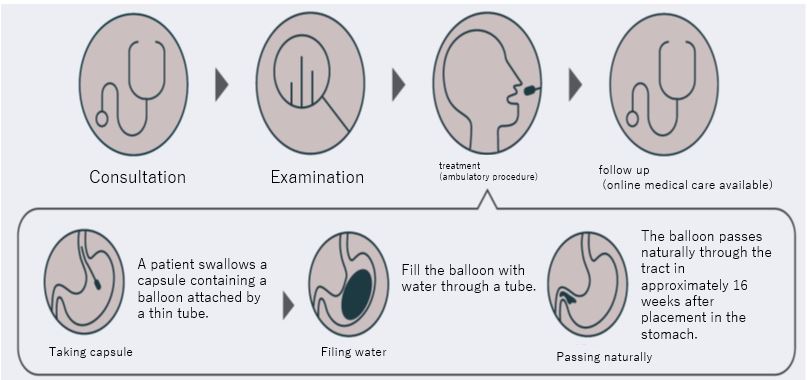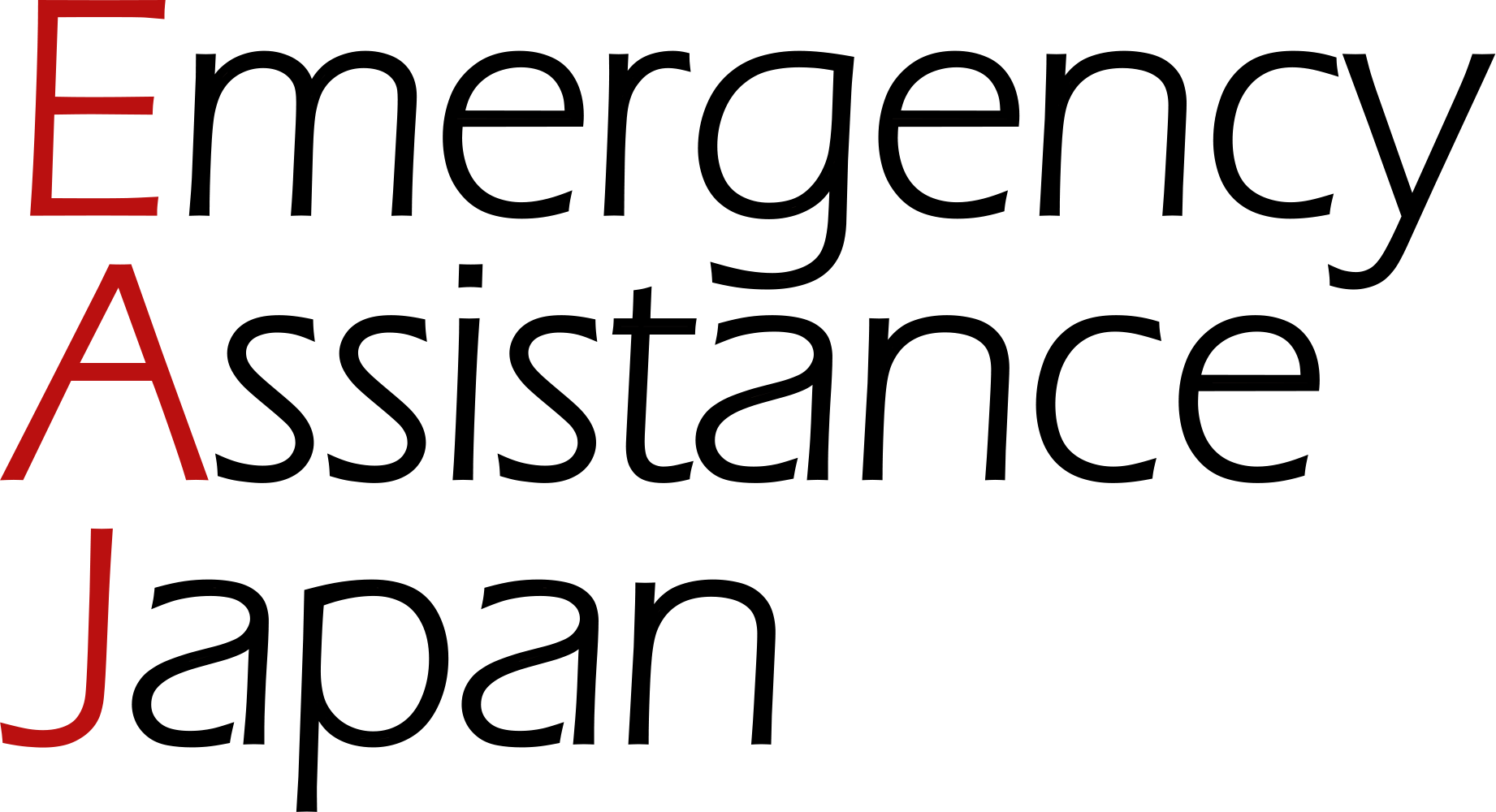Weight reduction(Balloon)
- HOME
- Healthcare(Care for undiagnosed medical conditions)
- Weight reduction(Balloon)
- Obesity treated in hospital. No surgery required! Just take a capsule! Oral balloon treatment
Obesity treated in hospital. No surgery required! Just take a capsule! Oral balloon treatment
24.03.01
This article was supervised by Dr. Kazunori Kasama, Director, Weight Loss and Metabolic Surgery Center, Yotsuya Medical Cube
The former President of International Federation of Surgery for Obesity and metabolic disorder: Asian Pacific Chapter. (IFSO-APC)
Executive board member and the former President of Asia Pacific Metabolic and Bariatric Surgery Society (APMBSS)
Executive board member, International commissioner and Education director of Japan Society of Endoscopic Surgery (JSES)
Executive board member of Japan Society of Treatment for Obesity
Executive board member of International Federation of Societies of Endoscopic Surgeons(IFSES)
Executive board member of Asia Pacific Congress of Endoscopic and Laparoscopic Surgeons of Asia(ELSA)

Obesity and its health risks
Obesity is not only a problem for appearance, but also a risk of various diseases like lifestyle-related diseases such as high blood pressure, diabetes, and heart disease, as well as cancer and joint diseases. When these diseases arise from being overweight, it’s referred to as obesity, requiring necessary treatment. Even if a patient tries to eliminate obesity on his/her own, if a patient imposes unreasonable dietary restrictions, even if a patient temporarily succeeds in losing weight, the patient may quickly rebound and gain even more weight.

Capsule-type balloon treatment “Allurion Program”
In capsule-type balloon therapy, the patient swallows a highly safe balloon capsule (the procedure takes about 15 minutes), which takes up space in the stomach, reducing food intake and effectively reducing weight. The obesity treatment clinic offers a program that combines progress monitoring with digital tools such as smart scales, trackers, and apps, and follow-up with doctors, registered dietitians, and physical therapists.
At the clinic introduced by EAJ, patients who undergo post-treatment follow-up are able to reduce their dietary energy intake to about 1/3 even one year later (*1). The key to this is nutritional guidance from a registered dietitian. Although there are many dietitians at each hospital in Japan, this clinic is the only one where a doctor specializing in weight loss who also writes academic papers provides nutritional guidance. By helping patients acquire healthy eating habits with the support of a dietitian specializing in weight loss, patients can maintain the weight they lost through balloon therapy.
(*1) Medical Book recommended by Japanese Society of Obesity Treatment; Metabolic Surgery Clinical Update (Medica Publishing October 2020)
Additionally, the clinic is staffed by doctors who themselves have experience with endoscopic intragastric balloon placement for weight loss. Because they have a lot of first-hand expertise on the symptoms that patients experience, they strive to provide patient-centered advice and examinations.
For balloon treatment, a patient will be re-examined a few days after taking the medication and if there are no problems, the patient may be able to travel by plane.

A patient eligible for balloon treatment
・People between 18 and 65 years old
・Persons with a BMI of 27 or higher (based on measurement data at the first visit)
・People whose preliminary examination has confirmed that there are no problems with treatment.
Effects of balloon treatment (results)
It has been reported that this program resulted in an average weight loss of 10 to 15% of body weight (for a person weighing 100 kg, the average weight was 85 to 90 kg after treatment) *2. In addition, clinical research has shown that 95% of those who took this program maintained their reduced weight after one year of follow-up *3.
※2 Ienca et al. Obes Surg. 2020
※3 Vantanasiri et al. Obes Surg 2020. *In rare cases, the Allurion Balloon may be vomited at end of residence or require endoscopic or surgical intervention for removal
Obesity is a real disease
Many people think that obesity is a result of poor eating habits, and is something that a patient can eliminate by making efforts on his/her own. Consulting your doctor is the safest and most effective way to treat obesity.
EAJ will introduce a patient to the clinic that not only has the highest number of balloon treatment cases, but also ranks number one in the number of bariatric surgeries in Japan, and provides comprehensive support for patients with severe obesity. EAJ will suggest the most suitable method for each patient from among the four types of surgical methods, why not consider balloon treatment first before undergoing surgery?
